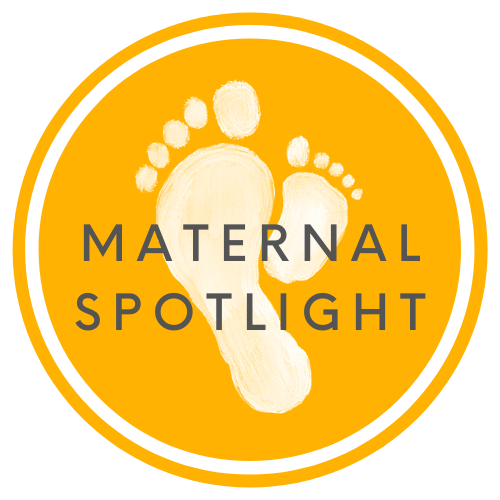For women, our lived experiences are maternal experiences
We generally think of lived experiences as our personal knowledge of the world around us. Collectively, all of these experiences influence what we are going to do next and how we are going to decide to do it. The experiences of women are unique in their challenges and rewards. More often than not, they are maternal in nature.
Maternal experiences are complex and expansive. They can cross through different phases of life: exploratory conversations you have with yourself about having children; choosing medical providers you trust; investigating fertility treatments; adopting or fostering a child; miscarriages, stilbirths, birthing a child through a C-section; feeling defeated and helpless; watching your baby be hospitalized in a NICU; attempting to breast feed, choosing to bottle feed, depression, anxiety, back pain; first days of school, last days of school, empty nesting; feeling strong and enabled; cooking meals for your neighbors or bringing them groceries during a pandemic; giving yourself permission to say no to an ask and instead prioritizing sleep or rest; giving your elderly father or grandfather a haircut during a pandemic since he can’t get to a barber; managing your parents finances and medication lists as they age in place.
If we expand our view of what it means to be or feel maternal, we would actually capture not only the burdens that need to be overcome, but the essence of the very thought processes and instincts that are required to care for ourselves and others. As a maternal health organization we believe this inclusive approach to be crucial when we consider that women are more likely to be caregivers for friends and family; more often to be tasked with identifying and procuring child care coverage or being the source of child care when it is not available; more likely to have pain not be taken seriously during medical visits; more likely to carry the mental load around daily decisions in a household or family. A broader approach to maternal health enables research and problem solving to more accurately include lived experiences in designing evidence-based policies or programs. It further supports the call to “put the M back” in Maternal and Child Health (MCH), by highlighting the wide range of social, psychological, and medical maternal factors which impact the short and long-term health of both mother and child. As the national agenda continues to prioritize creating strategies around reducing maternal morbidity and mortality, let us consider that our experiences and the availability of social, economic, and political resources may or may not enable or facilitate our choices. Choices which include choosing a provider who values the power of a strong patient relationship. Choices which include how to decide where and how to give birth. Choices which include how to care for our elders in our communities and at home, often while we struggle to care for children and ourselves. Significant sustainable advancement in maternal health will require researchers and policymakers to consider an augmented view which is currently centralized around pregnancy, childbirth, and infant well-being.




